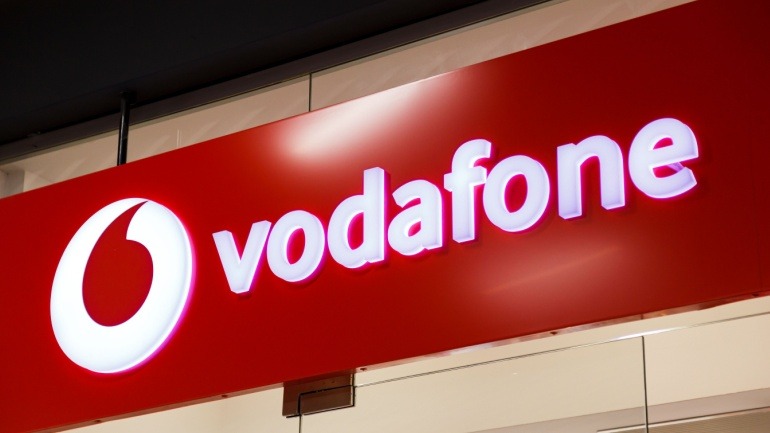Vodafone Group faced a significant setback as the Advertising Standards Authority (ASA) ordered the discontinuation of three recent advertisements. The ASA deemed these ads “misleading” following a complaint from rival telco BT.
These advertisements claimed that customers could “switch from BT to Vodafone and get the same broadband for less.” Additionally, Vodafone asserted that “millions of BT customers across the UK are realizing they can switch to Vodafone and get the same broadband for less.”
BT refuted these claims, arguing that the performance levels of the two networks differ and there’s no evidence of “millions of BT customers” switching to Vodafone. BT highlighted that the comparative performance on the two networks is not identical, countering Vodafone’s assertion of equivalence.
Vodafone defended its advertisements by stating that both operators use services provided by the same physical network, managed by wholesaler Openreach. To support their stance, Vodafone referenced the 2023 Ofcom UK home broadband performance report, which highlighted similar results for both companies’ 67 Mbps fibre-to-the-cabinet plans.
Nevertheless, the ASA rejected Vodafone’s defense. The regulatory body clarified that the physical network is merely one aspect of the overall broadband experience. Factors like different router hardware and Wi-Fi technology also significantly impact performance. Moreover, the ASA noted that the Ofcom report only supported one of the six broadband plans referenced in the ads and focused on speeds delivered to the router, not the end customer device.
“Because the claims in the ads would be understood to relate to the full internet connection up to the device, rather than to the router, we considered the data did not support the claims. For those reasons, we considered the comparative data in the Ofcom report did not support the advertising claims as they would be understood by consumers,” stated the ASA in their ruling.
The ASA further emphasized the lack of substantiating evidence. “We had not seen evidence which supported claims that BT customers who switched to Vodafone would, in practice, get nearly identical performance, including through the use of nearly identical technology. Therefore, we concluded the claims ‘the same broadband’ and ‘the same broadband technology’ had not been substantiated and were misleading,” their judgement explained.
Misleading claims in telecommunications advertising are not uncommon. Over the past four years, all of Vodafone’s major competitors, including Three, BT (EE), and O2 (now Virgin Media O2), have similarly had ads banned by the ASA for making misleading service comparisons.







